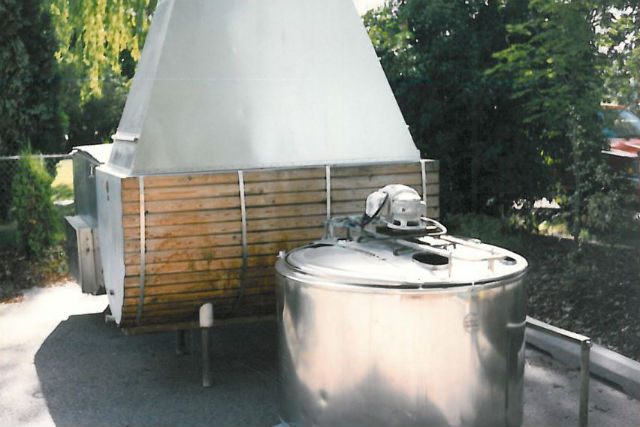
This July, Hale’s Ales Brewery celebrates its 35th anniversary, a true legacy and a unique milestone for the brewery and the Northwest craft beer industry.
Founded in Colville, WA in 1983 when there were fewer than one hundred breweries in the country, Hale’s became just the twelfth brewery licensed after prohibition was lifted in 1933. Opening a craft brewery at that time was ground-breaking in a way that’s hard to appreciate in today’s hearty market.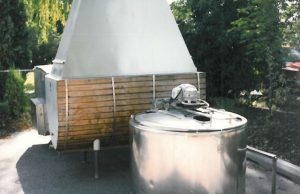
“We sold our first keg on July 4, 1983,” says Hale’s founder and industry pioneer Mike Hale, “and we’ve been having fun ever since.”
Hale’s first brew line was assembled from refashioned dairy equipment in Colville, Washington. From subsequent facilities in Kirkland, Spokane and, now, Seattle’s Fremont neighborhood, Hale’s introduced the Northwest to many, now familiar, beer styles.
The brewery’s flagship beer, Hale’s Pale Ale, was the NW’s original pale ale. With the help of the late Don Younger of Portland’s celebrated Horse Brass Pub, Hale’s was the first to offer traditional, hand-pumped cask conditioned ales. Later, in collaboration with the retired head brewer of Guinness Brewery, Hale’s became the first American brewery to bring nitrogen conditioned beers to the market.
“We continue to make innovation a priority,” says Hale. The brewery’s Leary Way Limited IPA Series, its robust barrel aging program, the introduction of pilsner and lagers and the continued exploration of seasonal beer styles demonstrate the company’s ongoing commitment to creative brewing. Additionally, Hale’s recently launched an extensive rebrand, rolling out a new website, packaging, and label design.
To honor the community that has supported Hale’s for the past 35th years, Hale’s is hosting a blow-out party on Saturday, July 28 from 1 – 6pm. Stop by to partake in the festivities, which include:
- Vintage and Rare Beer samplings,
- Live Music,
- Raffles, Good Eats and shout-outs to our many long standing industry friends
- $1 per pint sold to benefit City Fruit: promoting the cultivation of urban fruit in order to nourish people, build community, and protect the climate.


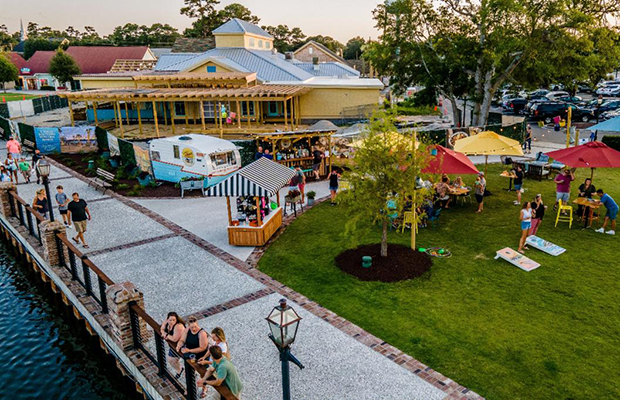
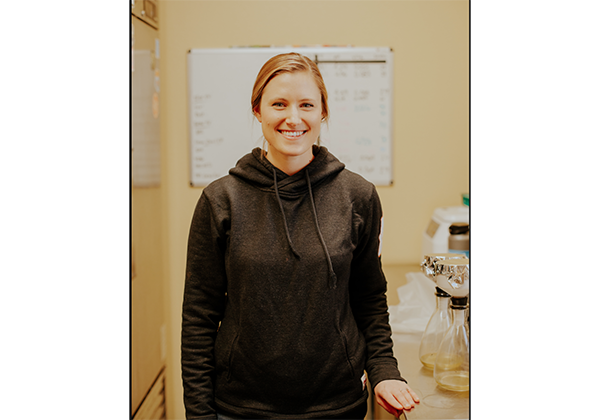
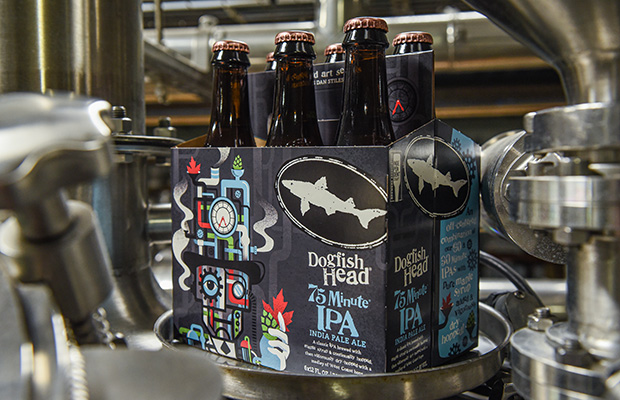
Be the first to comment